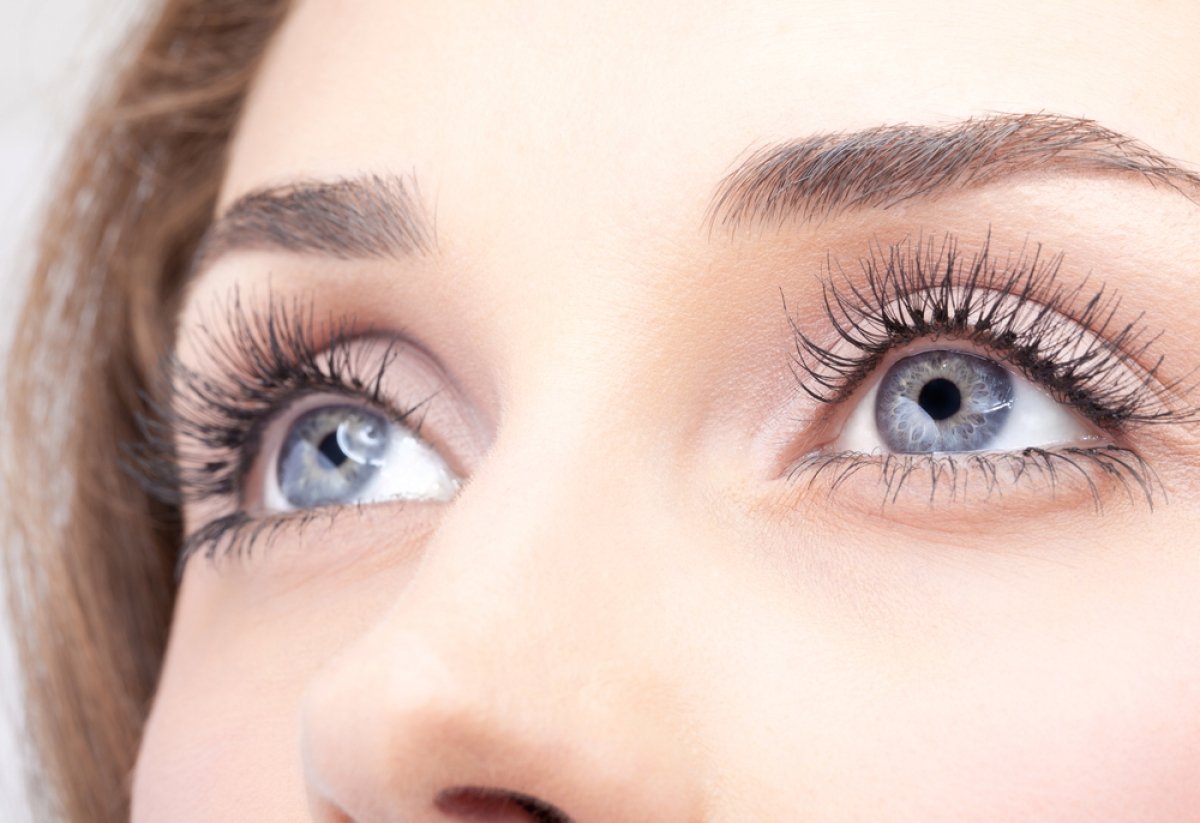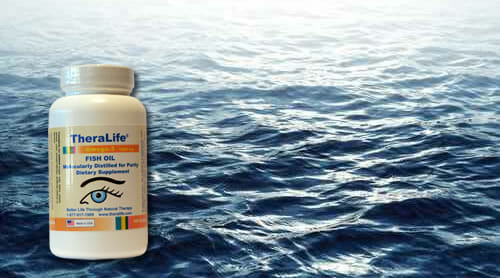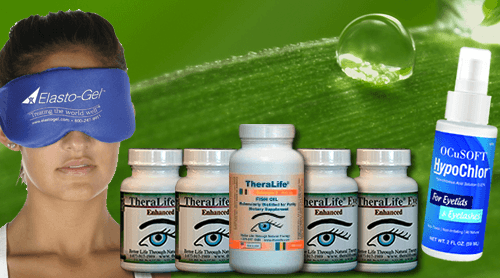Fish Oil Dry Eyes
Dry eye syndrome tends to be a chronic condition where your eyes do not produce enough tears, and it usually cannot be cured completely.
Symptoms of dry eyes can be bothersome and may include a stinging, itchy or burning sensation in your eye; sensitivity to light; blurred vision; mucus in or around your eye; and excessive tearing.
Omega-3 fatty acids are not usually the primary treatment for dry eye, but are often recommended in addition to a more central line of treatment like eye drops or prescription medications.
Some data suggesting that omega-3’s do not alleviate symptoms which may impact the recommendation practices of many ophthalmologists.
Many people also turn to alternative remedies for relief- fish oil dry eyes.
Fish oil—derived from the tissues of oily fish, such as salmon and mackerel—is rich in omega-3 fatty acids that have proven benefits for eye health due to its anti inflammatory properties- superb to do fish oil dry eyes.
Fish oil is high in omega-3s, which are considered beneficial in health.
Fish oil has been proven effective in relieving dry eye symptoms.
Some people may have fish oil taken for dietary or nutritional purposes.
People can get fish oil by eating fat-rich seafood – fish oil dry eyes.
This paper focuses on how fish oils can treat dry eyes, dosages and its effectiveness.
Health Benefits- fish oil dry eyes
Research suggests that taking an omega-3 fatty acid supplement can reduce symptoms of dry eyes .
Omega-3 supplements are safe for most healthy adults and generally have few side effects when taken in a standard dose.
While artificial tears and ointments are the most common treatments for dry eye, some patients find relief from consuming omega-3 fatty acids, according to the National Eye Institute.
Research studies looking into the benefits of omega-3 fatty acid supplements have found fewer dry eye symptoms in people who take the supplement.
Meibomain Oil Glands
It appears that omega-3 fatty acids can improve the eye’s oil film that’s produced by small glands on the edge of the eyelid, called the meibomian glands.
That improves dry eye symptoms and reduces the need for artificial tears.
Omega-3 oils also appear to improve function in the eye’s meibomian glands , which produce the oily part of tears.
Improved function of those glands can ease dry eye symptoms.
Benefits to other eye diseases
Patients with other eye diseases may benefit as well.
Omega-3s may reduce growth of abnormal blood vessels that occur in age-related macular degeneration and other retinal diseases.
Taking a high quality, daily fish oil supplement is a safe way to boost our diet with the essential omega 3 fatty acids that have so many good effects on dry eyes and general health, especially if we don’t eat enough fish each week
Prevent bacterial infection
It is a natural source of fatty acids that are beneficial in health, because they can help prevent bacterial infections by protecting against harmful bacteria.
These powerful nutrients have been studied extensively and have been shown to decrease the risks of chronic illnesses such as arthritis, cancer, and heart diseases.
Improve eyesight
Increasing evidence is currently showing how omega-3 fatty acid may improve eyesight.
DHA plays very important roles in ocular function. Several studies have suggested Omega-3s may be beneficial for improving vision and reducing eye damage due to macular degeneration.
And a study in the International Journal of Ophthalmology concluded omega-3 fatty acids “have a definite role for dry eye syndrome.”
Fish oil may help soothe dry eyes Stephanie Marioneaux, MD, a spokesperson for the American Academy of Ophthalmology, told The New York Times that the omega-3s in fish oil seem to reduce inflammation.
If inflammation of the eyelids or surfaces of the eye worsens dry eye, it makes sense that a supplement could help the problem.
“Dry eye is pretty complex, and there is no cure. Treating the inflammation, however, can improve some of the symptoms.
Which supplements for dry eyes work best?
The omega-3s in fish oil make it potentially helpful for reducing dry eyes – fish oil dry eyes.
Other supplements and vitamins may also be beneficial for eye health.
Flaxseed oil, vitamin C, and vitamin E have been used due to their antioxidant properties that may be helpful in reducing dry eye.
Dosage and preparation
Currently, fish oils have been formulated in liquid forms to be consumed daily. Fish oil dry eyes.
The guidelines suggest that men and women should consume 1.5 grams of alpha-linolenic acid a day.
It is currently impossible to recommend any daily intake of other types of omega-3s including EPAs or DHA. EPA is absorbed every day at the recommended dose of 250 – 500 milligrams.
Intake of at least 250–500 milligrams of combined EPA and DHA.
A typical 1,000-mg fish oil softgel contains about 250 mg of combined EPA and DHA, while one teaspoon (5 ml) of liquid fish oil has around 1,300 mg of omega.
In general, people of all ages should take between 2,000mg and 3,000mg of fish oil with food daily for dry eye.
It’s important that each capsule contains a combined total of at least 600mg of DHA and EPA.
If you eat food sources from salmon, herring, sardines, trout or codfish, you can skip one capsule.
Each daily dose contained 2000 mg eicosapentaenoic acid and 1000 mg docosahexaenoic acid (EPA and DHA).
This dose of omega-3 is the highest ever tested for treating dry eye disease.
The 186 people randomly assigned to the placebo group received 5 grams daily of olive oil (about 1 teaspoon) in identical capsules. Study participants and the researchers did conclude that fish oil group experienced significant improvement on dry eye relief.
It can take up to 30 minutes to digest. Fish oil dry eyes.
Talk to your physician and find out the dosage.
You can try using a more balanced diet that includes omega-3-rich fats.
Fish oil vs Flaxseed Oil
Flaxseed oil also contains an omega-3 called alpha-linolenic acid (ALA), not EPA or DHA.
The liver converts ALA into EPA and DHA.
According to the National Institutes of Health (NIH) Trusted Source , the body is only able to convert ALA into around 15% of EPA and DHA. Not the best choice for fish oil dry eyes.
Important considerations- fish oil dry eyes
When eating a high amount of fish oil supplement for dry eyes it is unlikely it is necessary.
The recommended dose can be obtained through the consumption of foods containing high levels of omega-3 fats.
When you’re expecting or breastfeeding, please talk to your medical provider.
Fish can be toxic and may lead to premature pregnancy.
News Release Friday, April 13, 2018
Omega-3s from fish oil supplements no significant differences than placebo for dry eye.
NIH-funded a randomized clinical trials study finds omega-3 fails to yield beneficial results in the clinic.
The trial investigated the highest dose of omega-3 ever tested for treating dry eye disease.
NEI Omega-3 fatty acid supplements taken orally proved no better than placebo at relieving symptoms.
Symptoms were measured as change from baseline in the Ocular Surface Disease Index, a 100-point scale for assessing dry eye symptoms, with higher values representing greater severity.
After 12 months, mean symptoms scores for people in both groups had improved substantially, but there was no significant difference in the degree of symptom improvement between the groups.
Symptom scores improved by a mean of 13.9 points in the omega-3 group and 12.5 points in the placebo group.
A reduction of at least 10 points on the index is considered significant enough for a person to notice improvement.
It is worth noting that 61% of those in the treatment arm and 54% in the control group achieved a 10-point improvement in OSDI score; however, the difference between the two groups was not statistically significant.
Which fish oil is right for me?
Although there are a ton of fish oil supplements available, some are absorbed by your body much more efficiently and have a more beneficial effect.
Omega-3 in the triglyceride form is the preferred choice for dry eye.
Not all omega-3 fish oil supplements are created equal.
Manufacturing high-quality omega-3 starts with fish caught from the ocean (the fish oil starts out in the triglyceride form).
Next, the oil is extracted from the fish, which yields unpurified native oil that still contains toxins. The next step is to remove the toxins with heat such as molecular distillation
High doses of the supplement have been associated with some have harmful effects, though.
They include an increased bleeding risk, higher levels of low-density lipoprotein (LDL, or “bad”) cholesterol, blood sugar control problems, and a fishy aftertaste or odor.
In some at-risk populations, such as people who have had a heart transplant, omega-3 fatty acids may affect heart rate. If you have heart disease, only take omega-3 fatty acids under the direction of a health care provider.
What should I look for?
Fish oil contains two omega-3 fatty acids called docosahexaenoic acid, or DHA, and eicosapentaenoic acid, or EPA. Omega-3 fatty acids are thought to provide a wide range of health benefits. Due to these potential benefits, fish oil has become a popular dietary supplement.
Fish oil is sold in liquid capsules in most drugstores and healthfood shops.
It is important to keep in mind that not every fish oil is created equal.
Whenever you purchase a fish oil omega-3 supplement, read it carefully.
You can get fish oil in your food sources from eating fish.
The American Heart Association recommends that healthy adults eat fish at least twice a week.
Fatty fish, such as catfish, halibut, salmon, striped sea bass and albacore tuna, are good sources of omega-3 fatty acids. Some fish can contain high levels of toxins
According to the American Heart Association (AHA) Trusted Source , fish that contain high levels of mercury include: shark swordfish king mackerel tilefish Fish and shellfish with low levels of mercury.
TheraLife Fish Oil, 100% Pure- Molecularly Distilled.
Possible side effects
Fish oil is considered safe for all adults. Micro invasive medications may cause nausea or vomiting.6. Omega3 supplementation (including fish oil) can be harmful to the health of patients taking blood clotting medication.
In some at-risk populations, such as people who have had a heart transplant, omega-3 fatty acids may affect heart rate. If you have heart disease, only take omega-3 fatty acids under the direction of a health care provider.
High doses of the supplement have been associated with some have harmful effects, though. They include an increased bleeding risk, higher levels of low-density lipoprotein (LDL, or “bad”) cholesterol, blood sugar control problems, and a fishy aftertaste or odor. In some at-risk populations, such as people who have had a heart transplant, omega-3 fatty acids may affect heart rate. If you have heart disease, only take omega-3 fatty acids under the direction of a health care provider.
You need to check with a doctor before taking omega-3 supplements. This is because fish oil can interact with these medications Trusted Source and may affect blood clotting. Children and anyone who is pregnant, breastfeeding, or chestfeeding may also need to check with a healthcare professional before taking fish oil or eating certain types of fish. This is because certain fish contain high levels of mercury.
When to see an eye doctor
When to See a Specialist for Dry Eye and What to Ask If you suspect that you have dry eye, see an eye health specialist ASAP.
References
https://www.heart.org/en/healthy-living/healthy-eating/eat-smart/fats/fish-and-omega-3-fatty-acids#.V7y55vkrJhE Omega 3 fatty acids. (2021).
For more information about NIH and its programs, visit www.nih.gov . NIH…Turning Discovery Into Health ® Reference The Dry Eye Assessment and Management Study Research Group. 2018
The protective effect of polyunsaturated fatty acids against dry eye disease: a literature review. Appl Sci. 2021; 11(10):4519. 9.




